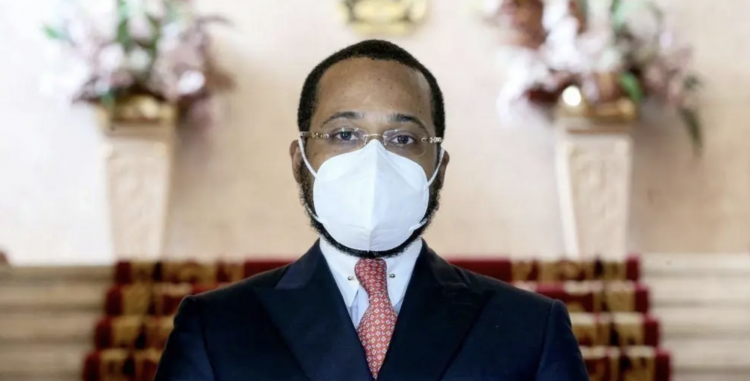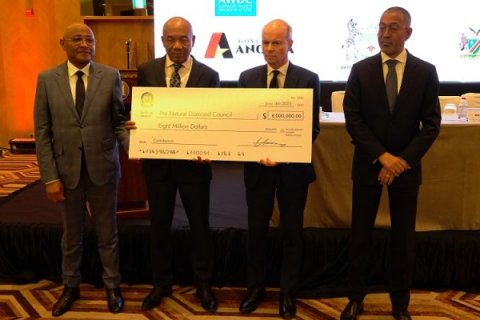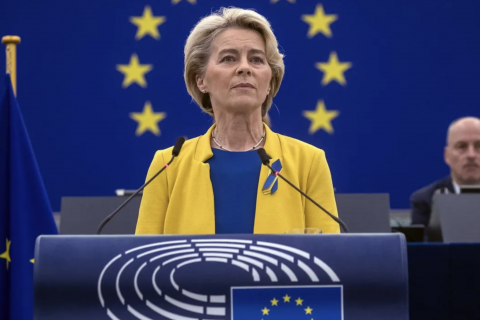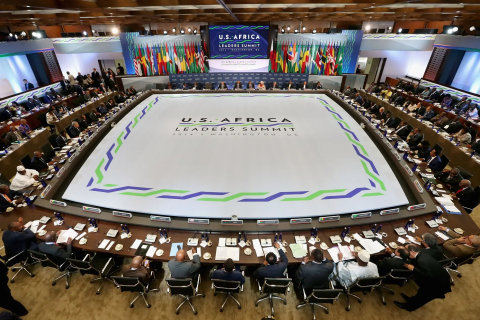"We are planning around 590 public service counters, spread throughout the territory, where there will be civil servants already duly trained and with a history of working in voter registration who were previously brigadistas (campaign volunteers) and will now integrate the BUAPs to provide a more simplified service to the people," he explained.
Angola has 164 municipalities spread over 18 provinces, the main territorial unit.
The Minister of Territorial Administration met Tuesday with members of the diplomatic corps accredited in Angola to explain how the unofficial voter registration process will take place in the country and abroad.
The right to vote was extended this year to Angolans in the diaspora, who will be able to participate for the first time in the general elections scheduled for 2022.
On September 1, the parliament unanimously approved the draft bill amending the unofficial voter registration law to allow for an increase in the citizen voter base, currently around 6 million.
The bill took the form of a law following discussions on the speciality of the Executive's proposal and the bill amending the said law, an initiative of the parliamentary group of the National Union for the Total Independence of Angola (UNITA, in opposition), and both proposals were merged into a single document.
The first phase of voter registration, in Angola and abroad, aiming at the elections scheduled for 2022, begins on September 23rd and runs until next December, and the second phase is scheduled between January 5th and March 31st, 2022.
The Angolan opposition contests, however, the changes to the organic law of the general elections, approved on September 1, for containing rules that "attack the transparency of the elections" and asked the President, João Lourenço, not to promulgate the law.
The bill was approved with 126 votes for the MPLA, 52 against and one abstention during the 12th extraordinary plenary meeting of the National Assembly.
The parliamentary groups of UNITA, the Broad Convergence for the Salvation of Angola - Electoral Coalition (CASA-CE), the parliamentary representation of the Social Renewal Party (PRS) and the group of deputies not integrated in any parliamentary group considered the referred law as the "law of electoral fraud or corruption".
"Because it (the law) eliminates or reduces the control mechanisms for electoral transparency and turns into law the practices that sustain fraud. The regime's electoral law facilitates multiple voting, because voters are not registered in the electoral roll in real time and it allows hundreds of thousands of people to vote before election day," reads a joint statement presented last week.
According to the Angolan opposition, the regime's "electoral law legalizes unequal voting" because it "allows competing parties to be confused with the state, does not guarantee equal access of competitors to the use of public resources, and reduces the presence of inspectors at polling stations."







